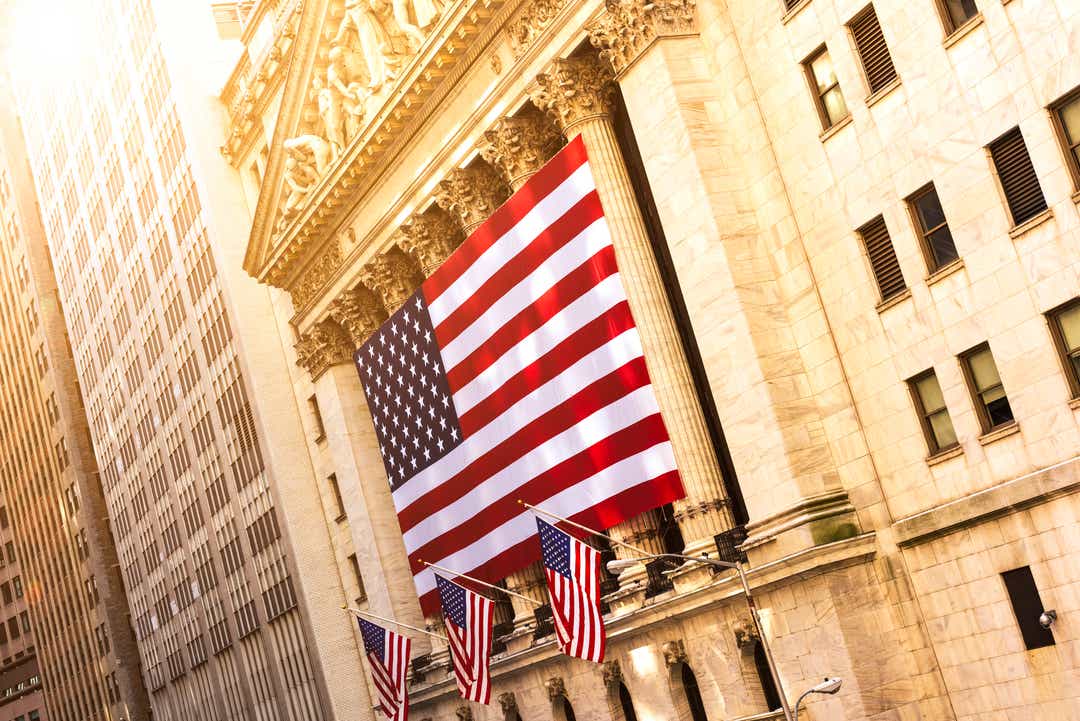Global stocks swung wildly Friday after Wall Street suffered its biggest drop since the "Black Monday” crash of 1987.
U.S. stock futures swayed between sharp gains and losses, with Dow futures currently up 1,000 points after plunging 2,352 points, or 10%, on Thursday for its worst loss since its nearly 23% drop on Oct. 19, 1987. Dow futures dropped 700 points overnight in volatile trading.
On Friday, Standard & Poor’s 500 futures surged 5%, triggering automatic shock absorbers. The S&P 500 tumbled more than 20% from its February record Thursday, sliding into a bear market and officially ending Wall Street’s historic 11-year bull market run.
The rout has come amid cancellations and shutdowns across the world, including Trump’s suspension of most travel to the U.S. from Europe. Worries have grown that the White House and other authorities around the world can’t or won’t counter the economic damage from the outbreak any time soon, threatening to end the decade-long economic expansion.
The coronavirus has infected around 128,000 people worldwide and killed over 4,700. The death toll in the U.S. climbed to 39, with over 1,300 infections.
“The recent shocks to the global economy are unprecedented,” Doug Duncan, senior vice president and chief economist at Fannie Mae, said in a note. “While we are still projecting modest growth in the coming months, the impact of the coronavirus threatens the longest expansion in U.S. history.”
Can the economy predict the next president?: Yes, if history is any indication
Stock market: It may feel like 2008 all over again, but here's how the coronavirus crisis is different

In both cases in 2020 and 1987, the economy was at or near full employment and generally healthy going into the crash. After the 1987 crash, there were widespread calls for an imminent recession as there are today, but that didn’t play out. The stock market recovered by almost 30% from its low within the next year and rose to a fresh high within about 18 months.
“Who knows how the contemporary crisis will play out, but it is worth thinking about its similarity to another quick moving and very scary market collapse when a recession did not occur,” Jim Paulsen, chief investment strategist for Leuthold Group, said in a note.
Global markets were mixed on Friday the 13th in most markets. In Europe, France's CAC 40 jumped 6%, while Germany's DAX rose 5%. Tokyo’s Nikkei 225 fell 6%. Sydney’s S&P ASX rose 4.4% and the Shanghai Composite declined 1.2%. In Hong Kong, the Hang Seng lost 1.1%.
Contributing: The Associated Press
https://news.google.com/__i/rss/rd/articles/CBMidGh0dHBzOi8vd3d3LnVzYXRvZGF5LmNvbS9zdG9yeS9tb25leS8yMDIwLzAzLzEzL2Rvdy1zdG9ja3MtcG9pc2VkLW9wZW4taGlnaGVyLWFmdGVyLXdvcnN0LWRheS1zaW5jZS0xOTg3LzUwNDAzMjkwMDIv0gEnaHR0cHM6Ly9hbXAudXNhdG9kYXkuY29tL2FtcC81MDQwMzI5MDAy?oc=5
2020-03-13 11:46:30Z
52780661379394
Tidak ada komentar:
Posting Komentar